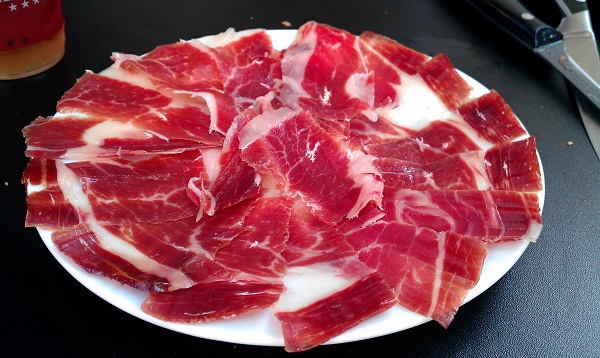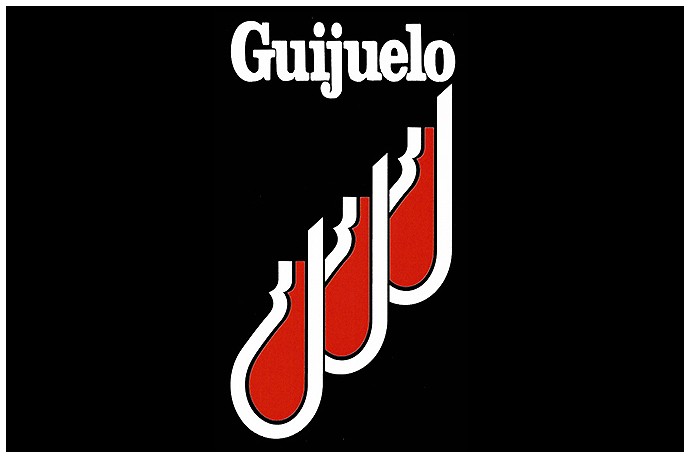Today, we will focus on explaining how to avoid possible fraud when buying an Iberian ham. Especially now that these dates are approaching, Christmas, where incredible offers and bargains appear. You already know that our job is to offer you top quality products at a fair price, but you should know that there are producers and even large stores that are not so honest.

In fact, not too long ago, in early 2018, the Civil Guard launched an investigation into the largest seller of Iberian ham in Spain, Comapa, for an alleged food fraud and for irregularities in the labeling of the product. The company in which the Comapa hams were distributed was Carrefour, and its hams were investigated for not having an approved certification. Bellota uncertified hams were sold at the establishment, for a value of 195 euros, pieces. Those pieces would have had a value of 300 euros on the market.
In addition to the lack of certification, suspicion about the purity of the genealogical origin of the pigs used for this production was added.
Such became the disorientation and the commotion, which was put on notice to consumers, and efforts were made to publicize the regulations that had been approved by the Cañete Law, (with entry into force in 2014), through of which, the Iberian pig and its purity percentage must be certified by standard. In the labeling they must reflect their percentage of Iberian breed: 100%, 75% and 50%, and also as a distinctive the introduction of a series of colored seals (black, red, green and white) was established that indicated if the piece was It is 100% Iberian or a crossed Iberian and the feeding system that the gorrino has brought (acorn, field bait, bait).
That is, when you buy a ham, always, always, always, you should look at the certification of origin, and of course, the labeling.
But, in addition, you can differentiate the different hams for their morphological characteristics, following these tips:
- A 100% Iberico bellota ham will normally have a narrow and elongated shank. And your body will be fine and shiny (due to natural fat).
- An Iberico Bellota ham crossed to 50% or 75% will have the coarsest shank and a coarser body. Inside, its flesh will be pinkish-red, the more pinkish the less pure the animal will be.
- A cebo de campo or cebo ham will be more voluminous than the previous ones, and will lack that smoothness and that natural shine.
And if you still have doubts, something that does not fail is the fair price. The approximate quantity in which the price of a certified Iberian ham is set is more or less 25 euros / 100 grams if it is a black seal; 15 euros / 100 grams if it is red seal; 12 euros / 100 grams if it is green seal; and 8.50 euros / 100 grams if it is a white seal.
As always, we hope we have been helpful.
See you soon!

 Español
Español
 Català
Català  English
English Français
Français Deutsch
Deutsch Italiano
Italiano Dutch
Dutch




